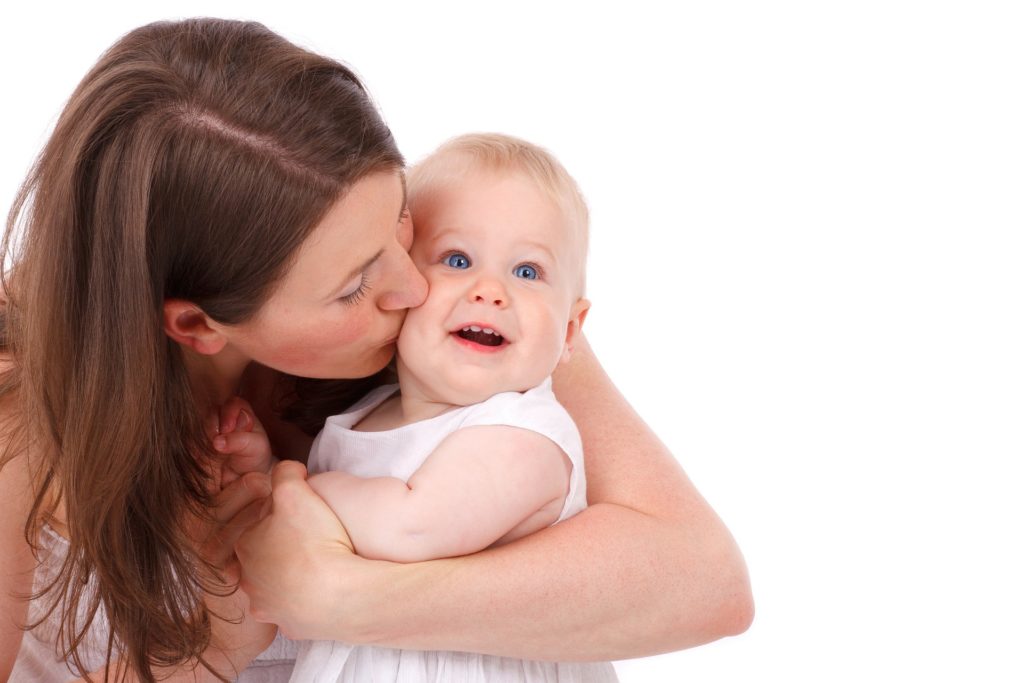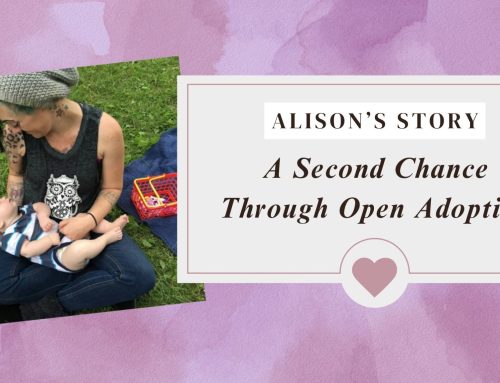Single Parent Adoption
Single adults who are considering parenthood, often wonder whether adoption is an option for their situation. However, more agencies and birth parents are considering an individual’s character, stability, and parenting capabilities, as oppose to their marital status when deciding what families will be a good fit for an adoptive baby.
Per ChildWelfare.gov, approximately 22 million children grow up in a single-parent household. Nontraditional families have become increasingly accepted throughout the country – and the same trends are holding true within the adoption community. In the last two decades, there has been a steady growth in the number of single-parent adoptions. More and more men and women are electing to adopt regardless of marital status. Furthermore, studies that children raised by single adoptive parents compare favorably with children adopted by a couple.
Traditional View of Parenting
Despite the acceptance of single parent adoption, some still argue that traditional parenting is essential, and a child needs both a mother and a father for healthy growth and development. Many cognitive specialist say that it is preferred to place a child in a two-parent home with a mother and father, yet other experts have disputed this notion.
Additional Support
All parents, regardless of relationship status, should have support. However, for single adoptive parents, additional support can be vital. Friends and families are great resources to connect with for advice, issues or concerns you may experience. As your child grow, you may encounter new relationships, ultimately building new connections and support systems for you and your child. As the saying goes, “It takes a village…”
Career
As a single parent, you’ll likely be a working mother or father. Therefore, you must analyze your work schedule and routine, as well as future career goals. Will you be able to maintain an appropriate work-life balance? Does your employer offer competitive health and/or adoption benefits? As a working single parent, think about how you will manage childcare while you’re at work, after-school care, medical care and emergencies, your child’s extracurricular-activities, etc. Single parents do not have the luxury of sharing responsibilities; therefore, it is crucial to have a thorough plan established for when you bring your new baby home.





